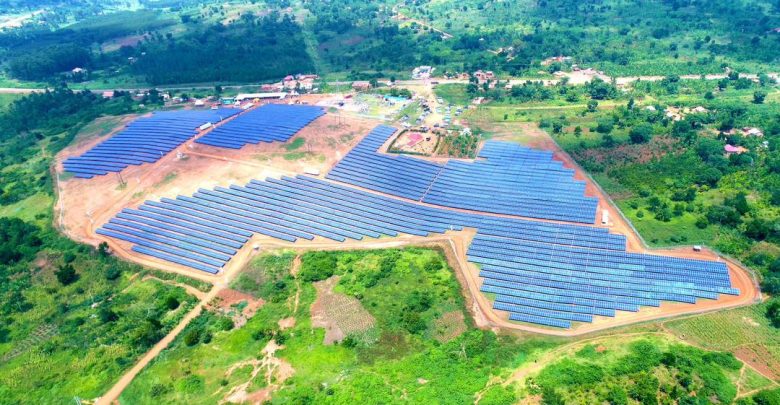Summary:
- East Africa, notably Uganda, Kenya, and Tanzania, attracted $13.3 billion in foreign direct investment in 2022. However, a Ugandan Commercial Court’s refusal to enforce a London Court of International Arbitration ruling raises concerns about the country’s investment climate.
The East African region stands out as the continent’s swiftest growing economic hub. Recent data from Ernst & Young’s investment report indicates that in 2022, Uganda, Kenya, and Tanzania collectively attracted over $13.3 billion in foreign direct investment (FDI). Notably, Uganda led the pack, securing $10.2 billion, marking the highest FDI inflow in East Africa and generating 6,300 job opportunities.
Nevertheless, a recent decision by a Ugandan Commercial Court to disregard a ruling from the London Court of International Arbitration (LCIA) has brought attention to Uganda’s investment climate, potentially tarnishing its reputation in the eyes of both current and prospective foreign investors. This incident underscores a recurring challenge where foreign investors find themselves at odds with local legal systems despite their substantial contributions to African economies.
The refusal of the Ugandan Commercial Court to honor the LCIA ruling has unveiled ongoing conflicts between local and foreign investors, often leading to protracted and costly legal battles across multiple jurisdictions, including the LCIA and the International Court of Arbitration of the International Chamber of Commerce (ICC). If left unchecked, this situation could undermine the government’s efforts to attract much-needed foreign investments.
Let Us Build Your Online Success!
We are the experts in creating visually stunning and functional websites. With reliable hosting and exceptional customer support, we bring your vision to life. Join hundreds of happy clients who trust us!
Get Started Now📞 Call/WhatsApp: +256 207 800 192
The case in question stems from a commercial dispute involving Great Lakes Energy Company NV, a Dutch-registered entity, which invested over $20 million in a 20MW solar power plant in Kabulasoke, Uganda. Despite LCIA’s findings that Dr. David Alobo, the owner of Mss Xsabo Power Limited, had unlawfully acquired Great Lakes’ shares and misappropriated company funds, the Ugandan High Court deemed certain aspects of the arbitral awards unenforceable within Uganda’s jurisdiction.
This discrepancy raises concerns regarding the sanctity of arbitration agreements and the enforceability of foreign arbitral awards, crucial principles that underpin international investment confidence. Investors rely on the finality and enforceability of arbitration decisions to navigate investment landscapes beyond their home jurisdictions. Any erosion of these principles could deter capital flows and undermine Uganda’s standing as an investment destination.
The proliferation of high-profile commercial disputes, such as the Kabulasoke case, underscores Uganda’s challenges in maintaining a conducive investment environment. These disputes not only cast a negative light on Uganda but also impede the free movement of capital, a vital component of intra-African trade integration. Given the strategic significance of investments in critical sectors like infrastructure and services, the resolution of such disputes is paramount for fostering sustainable economic growth.
Addressing the backlog of cases within Uganda’s judicial system is imperative to restore investor confidence. Delays in legal proceedings undermine the efficacy of dispute resolution mechanisms and deter potential investors who seek timely redress in case of business disputes. Strengthening institutional and legal frameworks is crucial to rectify Uganda’s image as a risky investment destination and regain the trust of foreign lenders.
Despite these challenges, there remains optimism among legal experts and industry insiders that Uganda’s dispute resolution mechanisms are robust and capable of delivering fair outcomes. Notwithstanding isolated incidents, successful projects funded by both local and international investors demonstrate Uganda’s potential as an attractive investment destination across various sectors. The ongoing legal battle between Great Lakes and Dr. Alobo presents another opportunity to reaffirm Uganda’s commitment to upholding contractual obligations and safeguarding investors’ interests. The outcome of this case will undoubtedly shape Uganda’s perception among foreign investors, highlighting the importance of upholding legal integrity in fostering a conducive investment climate.

